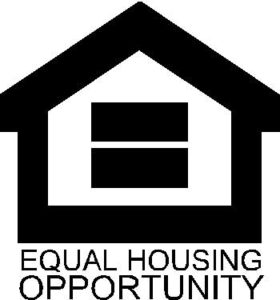Fair Housing & Housing for People with Disabilities

Housing discrimination remains a barrier to equal access to housing for too many individuals and families. Landlords may, for example, discriminate against rental applicants on the basis of race or national origin. Or, tenants who experience a disability are often denied a reasonable accommodation that would allow them equal access to housing. Furthermore, municipalities or businesses may enact policies that have a disproportionate discriminatory effect on certain groups. The federal Fair Housing Act (FHA) prohibits discrimination on the basis of:
- Race
- Color
- Religion
- Sex
- Familial Status
- National Origin
- Disability
State and local laws may offer additional fair housing protections, so advocates should consult those as well.
Because of its broad, remedial scope, the FHA applies to nearly all forms of housing, with few limited exceptions. The Act also applies to broad array of housing-related transactions, including the rental, sale, and financing of housing. This means that landlords, housing providers and banking institutions, among others, are covered by the FHA.
Importantly, the FHA covers both intentionally discriminatory conduct (e.g., evicting a tenant because that individual is Latino), and conduct that may not have discriminatory intent, but still has an unjustified adverse impact on protected groups (e.g., a housing authority’s policies for opening up the Section 8 waitlist disproportionately disadvantage applicants who experience disabilities).
In addition to the FHA, advocates should be aware of other federal laws that may offer anti-discrimination protections to their clients, such as:
- Title VI of the Civil Rights of 1964
- Section 504 of the Rehabilitation Act of 1973
- Age Discrimination Act of 1975
- Title II of the Americans with Disabilities Act of 1990
- Violence Against Women Act
- Equal Credit Opportunity
NHLP’s Fair Housing and Equal Access Initiative focuses on how the use of fair housing and civil rights laws can help low-income and very low-income tenants locate and maintain safe, decent, and affordable homes free from discrimination. Much of our advocacy focuses on how the Fair Housing Act and other anti-discrimination laws intersect with tenant rights in HUD and USDA housing programs. Our advocacy also strives to strengthen the housing rights of groups that historically have experienced difficulty in accessing housing more generally, such as limited English proficient persons and survivors of domestic and sexual violence. Please review our specific issue pages for more information and resources.
